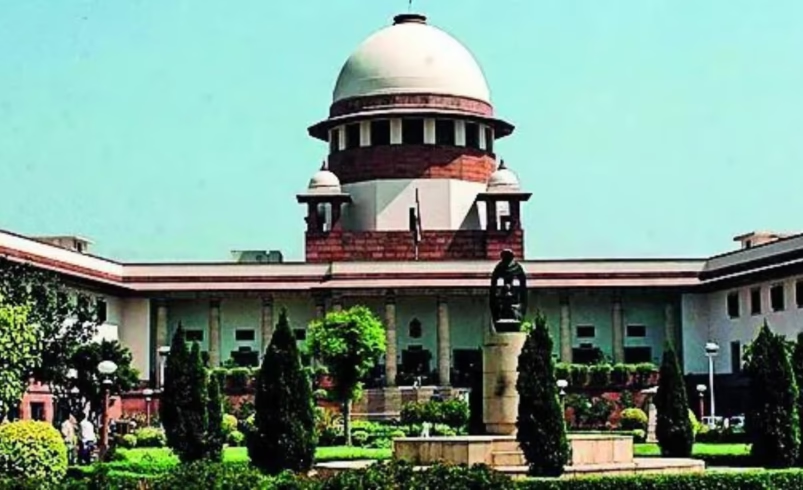Supreme Court Allows Divorce for Irretrievably Broken Marriages
- July 17, 2025
- 0

The Supreme Court of India has made a significant ruling, allowing courts to grant divorces in cases where marriages are deemed irretrievably broken. This decision marks the conclusion of a prolonged 16-year matrimonial dispute, setting a precedent for similar cases in the future. The judgment was delivered by Justices Nath and Mehta, who invoked Article 142 of the Indian Constitution to emphasize the importance of mental well-being over maintaining a legally binding but emotionally void relationship.
Article 142 empowers the Supreme Court to pass any decree or order necessary for doing complete justice in any case or matter pending before it. In this context, the justices highlighted that compelling individuals to remain in ‘dead marriages’ only serves to perpetuate mental agony and emotional distress. This ruling underscores the court’s commitment to prioritizing individual well-being and mental health over traditional marital obligations.
This landmark decision is expected to have far-reaching implications for matrimonial law in India. By recognizing the concept of an irretrievably broken marriage, the court has paved the way for more humane and realistic approaches to divorce proceedings. Legal experts believe this will encourage more individuals trapped in unhappy marriages to seek legal recourse without fear of prolonged litigation.
The ruling also reflects a broader societal shift towards acknowledging mental health as a critical component of personal well-being. By addressing the psychological impact of forcing couples to stay in dysfunctional marriages, the Supreme Court has taken a progressive step towards integrating mental health considerations into legal judgments.
Overall, this decision is seen as a positive development in Indian matrimonial law, offering hope and relief to countless individuals seeking freedom from untenable marital situations.